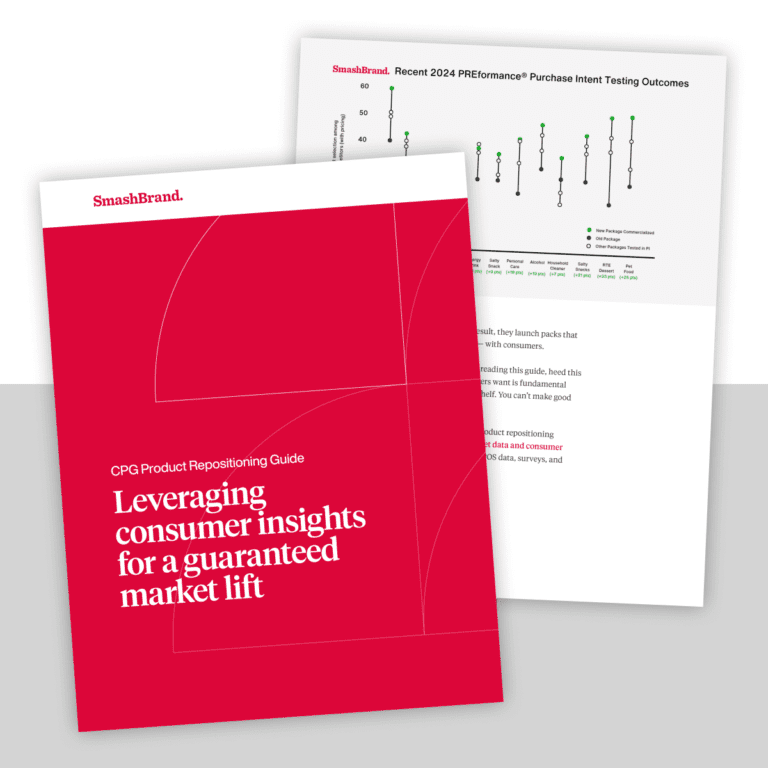Some choices—choice of spouse, choice of political or religious affiliation, choice of Snooki or Honey Boo Boo—are embedded in the very fabric of our democracy. However, when we walk into a Walmart and find ourselves assaulted by entire aisles, 40 feet long, of nothing but different brands of shampoo, we frankly want to go home and lie down.
Choice is exhausting. Too many choices mean too much time spent deciphering the tiny, practically irrelevant differences between products we don’t care about and, quite possibly, don’t need. Most of us welcome the power of choice being removed from our grasp when it comes to things that don’t have a tremendous amount of significance. We’re delighted to buy the same brand of fabric softener we’ve always purchased, as well as the one our mothers and their mothers have used. When we need AA batteries, we want to grab a pack without doing extensive research. When we shop online, we want a site that is easy to navigate with all of the wares displayed in a tidy, eye-pleasing, grid-like fashion. We want what is simple; we want what we’re used to.
How does this apply to web design, you might ask? It’s relevant to web design or packaging design—and any design, for that matter—because it goes to the very heart of the consumer. We might want the raddest, baddest, most fly web page in the world, but if customers have to spend more than two minutes adjusting to unfamiliar layouts, tons of messaging and advertisements, they will click off, never to return. If you want to attract viewers and keep viewers, keep it simple.
Simple = Ease of Use
Remember about eight years ago, when MySpace was the king of the hill on social media sites, and Facebook was a little upstart for college students? Remember everyone’s initial reaction to Facebook when compared to MySpace? No one liked it. MySpace was unique, customizable, and flashy. Facebook was boring—everyone’s page looked the same. Then what happened? As if by magic, everyone decided they wanted the plainness and predictability of a Facebook page rather than the burden of a wonderfully distinctive MySpace page. No one felt like taking on the responsibility of decorating their social media pages anymore. What they wanted was simplicity.
This is only one example of how a consumer base will flock to what is easy, clean and unsurprising. Something that can be figured out within the first two minutes of use is likely to have broad appeal.
Simple = Easy on the Eye
Just because something is simple doesn’t necessarily mean it’s boring. The art of good, simple web design is the ability to provide the user with something comfortable, something they will want to return to, and something that gives them confidence that all their needs are accounted for within the layout.
Simple = Specificity
We love brainstorming sessions. We love the creative energy and adrenaline of throwing out a bunch of ideas and seeing what sticks. What do we love even more: when a client knows what he or she likes, or even has example sites they love.
We think it’s great when a client is excited about a project. We love hearing about their hopes and dreams for their web design or packaging design. What we cannot do is come up with a structure when the only instructions we’ve been given are, “We’re thinking we want it kind of like Amazon but younger, with maybe a gothic element but not so dark, and hip but with classic components too, and kind of urban, also.” If you want efficiency, simplicity, and success, then do the work and be specific about it. You will save time, money, and develop a superior product.
To sum up, clean up your design, for heaven’s sake. Get rid of the cartoons and pointless examples of Flash just for the sake of having Flash. Make it organized, straightforward to use, tidy, and uncluttered. A simple design is a confident design and there is nothing sexier than confidence.
Data-Driven Brand Development
Want a best-selling brand? We can help! SmashBrand is one of the top packaging design agencies that utilizes a data-driven approach. From brand strategy to packaging design testing, our Path To Performance™ process guarantees a retail performance lift. Book a time to discuss your project with our team.
Subscribe to
Nice Package.
SmashBrand’s Nice Package: Stay current with our latest insights
Free Resource.

CPG product repositioning guide.
Explore the five undeniable signs your CPG product needs repositioning along with strategies for leveraging consumer insights for a guaranteed market lift.
Download Whitepaper About CPG product repositioning guide.